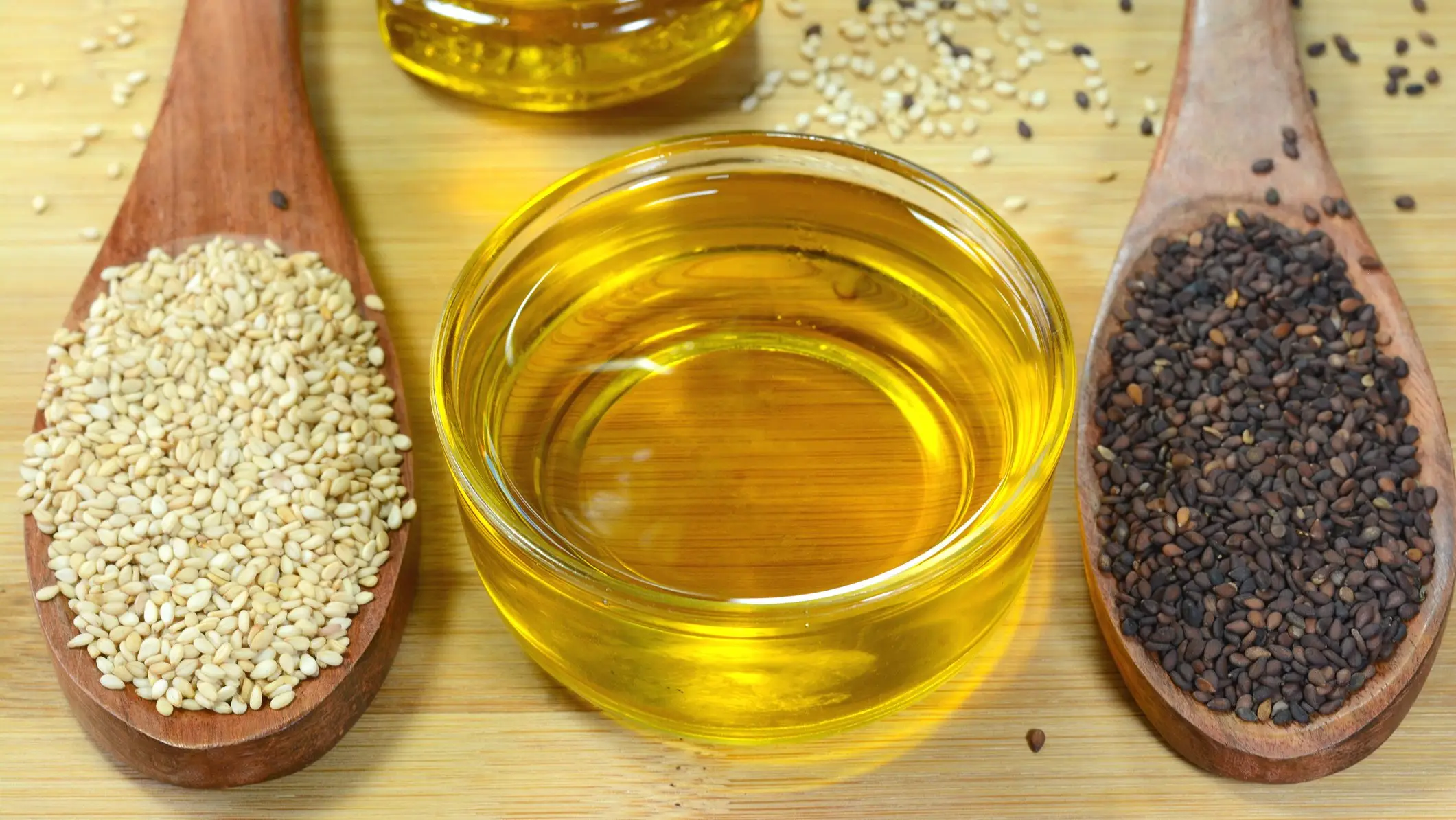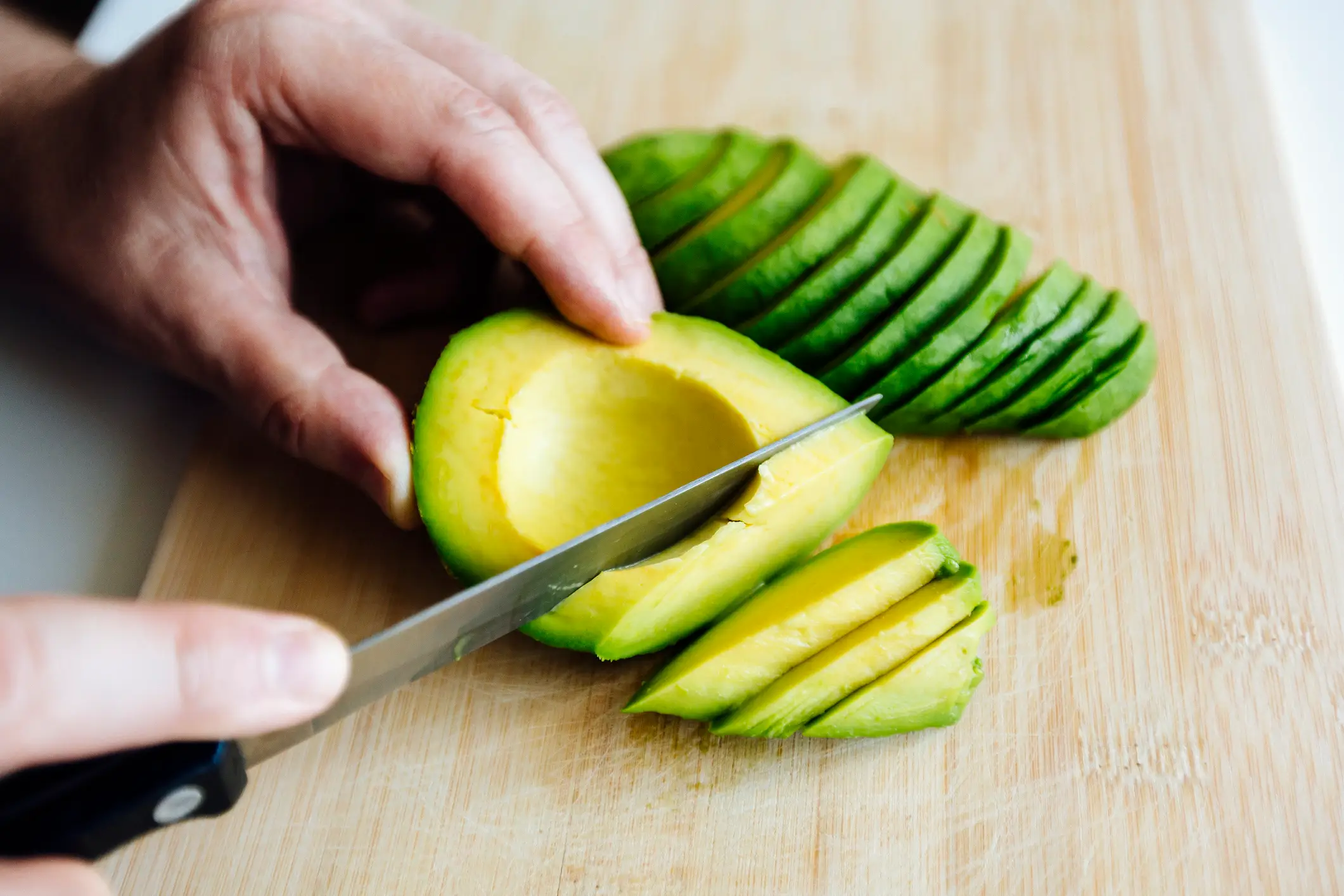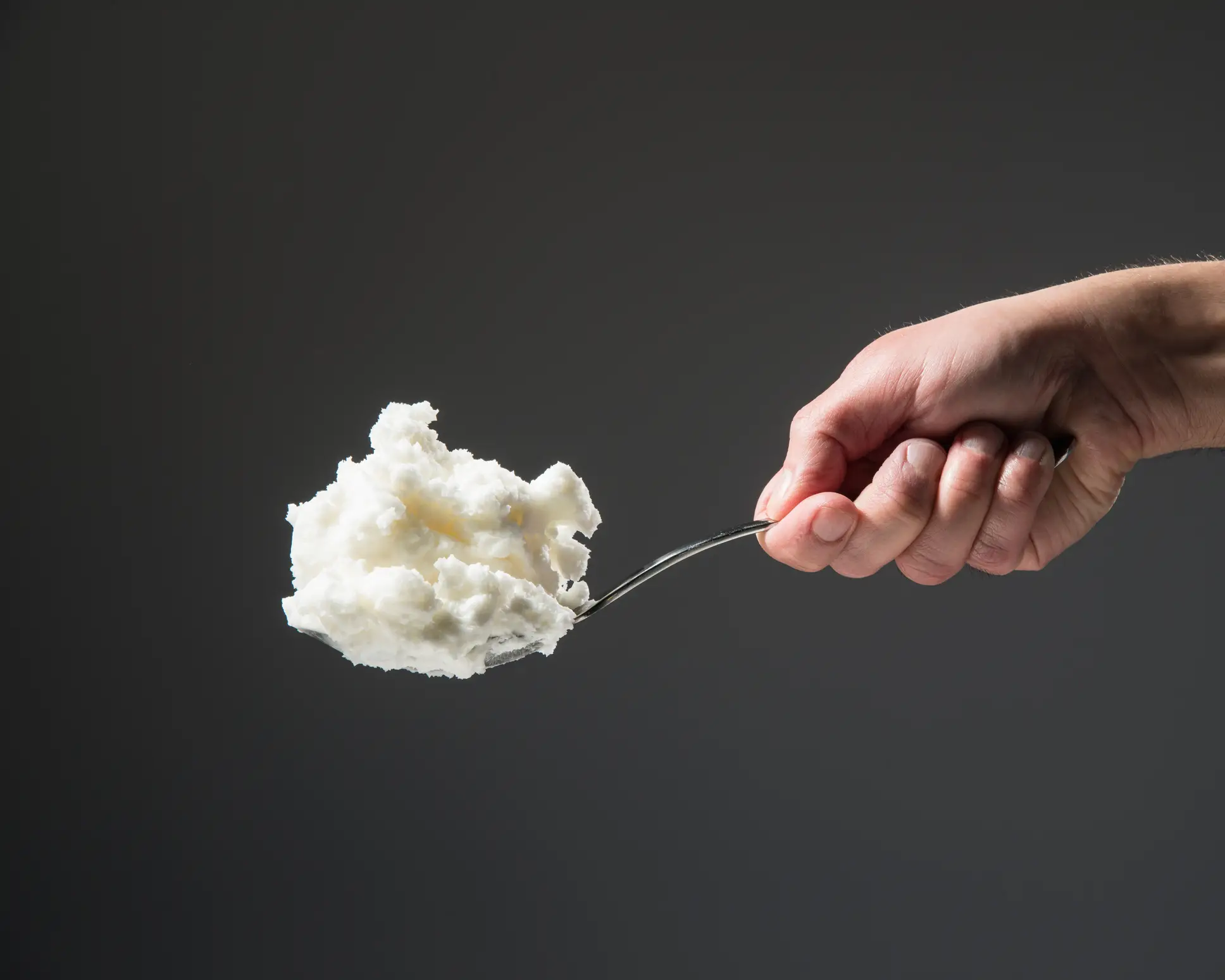
Generally speaking, we know that fats aren’t something we should be overindulging in.
As the NHS puts it: “Too much fat in your diet, especially saturated fats, can raise your cholesterol, which increases the risk of heart disease.”
However, not all fats are as bad for us as others.
‘Good fats’, or ‘healthy fats’ typically comprise unsaturated fats like omega-3, omega-6, monounsaturated and polyunsaturated fats.
Advert

We get these from fatty fish, avocados, nuts, seeds and some oils, and they can help to improve cholesterol levels, cut the risk of heart disease, and can contribute to overall health.
Of course, that’s all within moderation and as part of a healthy diet.
‘Bad fats’, meanwhile, include saturated and trans fats which can be bad for us when consumed regularly or in excess. These include fats that are solid at room temperature, and you’ll get saturated fats from meat and dairy while trans fats are typical of processed and fried food.
Sounds relatively simple, right? Well, some people reckon ‘healthy fats’ pose a risk too, particularly those from seeds. Fatty acids like omega-6, along with other seed oil constituent parts, have been accused of triggering inflammation.
Experts disagree with that assessment, however, with nutritional therapist Kerry Beeson telling HuffPost Uk that seed oils ‘are objectively quite healthy, in that they’re typically low in saturated fats’.
Another expert, Margie Junker, is a cardiovascular dietitian who shares Beeson’s view.
“Liquid plant oils are rich in unsaturated fats, which reduce low-density lipoprotein (LDL) cholesterol and heart disease risk,” she said.
There is, however, one fat in particular that she avoids using whilst cooking.
“I stay away from fats that are hard at room temperature, such as bacon grease, shortening and margarine,” she wrote for UC Davis Health.
Ghee, butter, and lard also fall into the ‘solid at room temperature’ bracket
“I also avoid tropical oils (coconut, palm, and palm kernel), animal fats (butter and lard), and partially hydrogenated fats,” Junker continued.

As a general rule, if you can cut back on your fat consumption then it’s broadly a good idea to do so. Switching your frying pan for an air fryer is a good way to use less oil, and you can make other little changes to your diet that can have a decent cumulative impact.
Forgoing butter in sandwiches or between your beans and toast is the kind of minor change that might take a little getting used to, but it won’t take long before you get past the switch.
